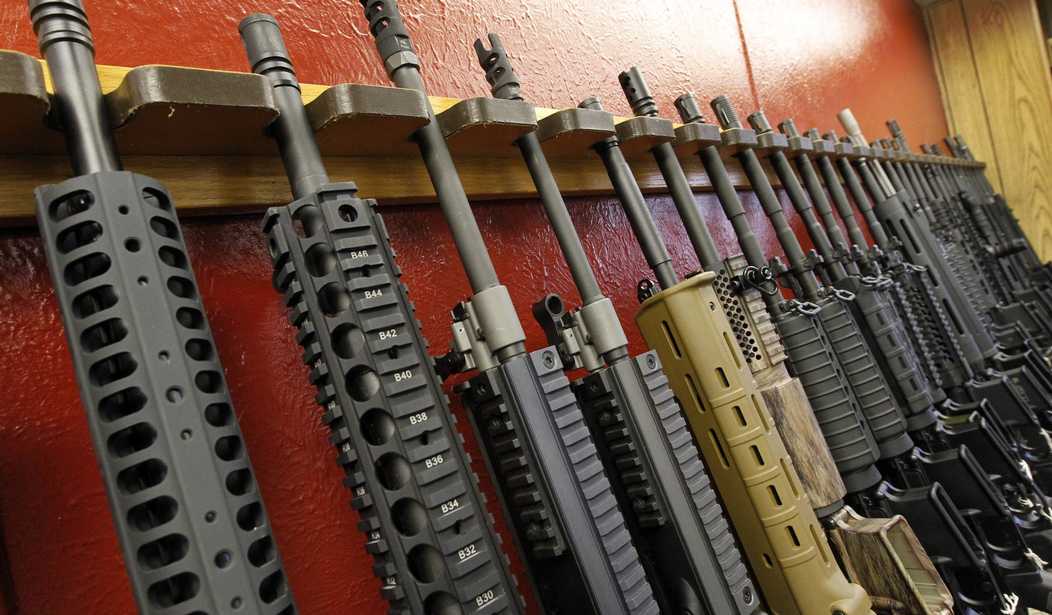Ordinarily, Americans pay little attention to gun laws in Canada. Canadians have long suffered far more restriction on their right to keep and bear arms–a right not explicitly protected in the Great White North–than Americans would ever consider. As such, there’s not a lot of interest in what they do.
However, the recent ban on so-called assault weapons is something Americans should pay attention to.
American politicians, however, should pay attention to what the Royal Canadian Mounted Police Union has to say about such a ban.
The union representing the RCMP says the Liberal government’s firearms ban is unlikely to curb gun violence in Canada, and is calling on Ottawa to instead introduce “evidence-based” measures to ensure public safety.
The National Police Federation, representing 20,000 RCMP members, issued a statement Monday expressing concern over the rising levels of gun violence in Canada in recent years. The group is seeking increased funding commitments from the federal government, largely to bolster protection measures along the Canada-U.S. border as a way to stem the smuggling of firearms into Canada.
Brian Sauvé, president of the National Police Federation, said policies like the firearms ban introduced by Public Safety Minister Bill Blair earlier this year tend to be politically popular, but fail to address the root cause of gun violence. Blair in May introduced a sweeping prohibition on 1,500 “military-style” gun variants, effectively giving gun owners two years to turn in their now-illegal firearms.
“The narrative is that we need to restrict gun ownership because that will curtail crime, when really the evidence is that illegal gun trafficking leads to criminals owning guns, which leads to crimes with firearms,” Sauvé said. “So really, we need to look at the source of the problem.”
Criticism of the Liberal gun ban comes as the federal government has so far failed to secure a private-sector contractor to design a federal buyback program, in which Ottawa will reimburse owners for the firearms that it deemed prohibited. The federal procurement office has issued two separate requests for proposals (RFPs) to administer the program, but received no interested bidders in response, even after it explicitly named companies that it hoped might offer a bid on the contract, including accountancy firms Pricewaterhouse Coopers LLP and Ernst & Young LLP.
Sauvé is absolutely correct, though. Criminals don’t obtain firearms through legal means. They get them through illegal means, which tells us that the law is unlikely to have any impact on crime in Canada at all.
On the same token, such a measure in the United States won’t have much impact either, and for the same reasons. While the illegal methods for obtaining guns differ between the two nations, the fact that criminals will break laws to obtain guns isn’t. That’s just how criminals roll. I mean, they’re criminals. It’s kind of part of the job description.
If you want to address violent crime, restricting guns in the hands of law-abiding citizens isn’t the way to do it. Instead, officials should look at programs that have worked in the past and can work in the future. Destroy the causes of violence and you solve the problem of violence.
It’s not rocket science.







Join the conversation as a VIP Member